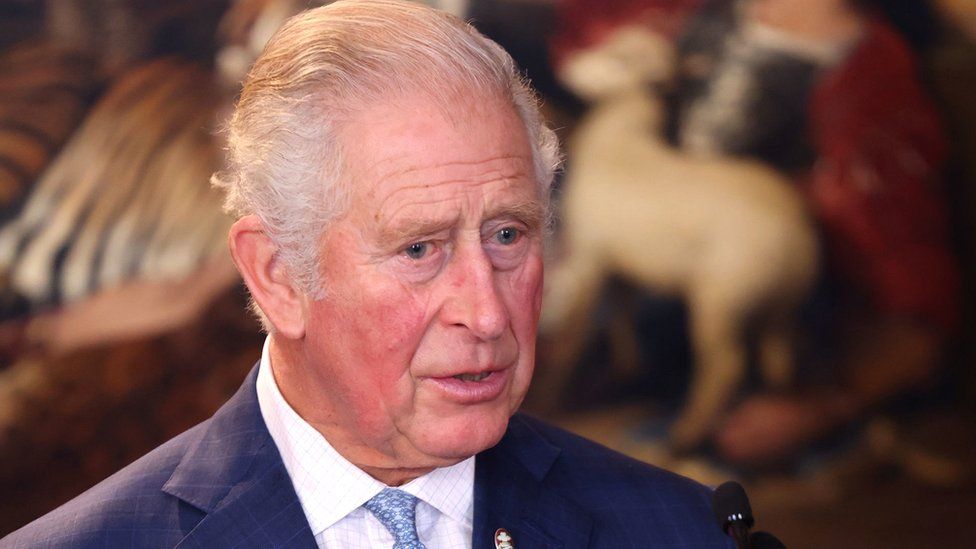Prince Charles believes private businesses “hold the key” to tackling climate change.
The 72-year-old royal feels there is an “overwhelming responsibility” to “those generations yet unborn” to tackle the environmental crisis and he’s called on governments to engage more with the private sector and to take on board some of their “innovative” ideas and inventions.
Writing in the Sunday Telegraph newspaper,he wrote: “I have learned from the world’s experts who have dedicated their lives to tackling climate change. I have listened closely to leaders of many countries, particularly Commonwealth nations, whose communities are some of the most climate-vulnerable on Earth, and I have found it impossible not to hear the despairing voices of young people who worry about the world they will inherit from the current generation of stewards of their planet.
“And I have listened to leaders of the private sector, increasingly eager to invest in the innovative projects and new technologies that will help to create the necessary, rapid transition to sustainability and guarantee for everyone a cleaner, safer, healthier planet. For me, the private sector holds the key. I am not sure we are, in fact, listening to them enough.”
Charles spoke of how “acutely sensitive” business leaders are to the demands from customers and investors to be more sustainable and is aware they are keen to use their money to help the planet – which he insisted world leaders need to accept.
He said: “Why does this kind of private investment matter? If we are to meet the vital 1.5-degree climate target – a target that will save our forests and farms, our oceans and wildlife – we need trillions of dollars of investment every year to create the necessary new infrastructure to create the transition to sustainability. Governments alone cannot muster those sorts of sums. But the private sector can, working in close partnership with governments and civil society.”
But he acknowledged businesses in return want “clear market signals” from governments to help with their planning, as well as “the correction of misalignments across institutional, regulatory and legal frameworks.”
He noted: “Realigning incentives, putting a proper value on carbon, finding innovative and sustainability-aligned ways to address the growing debt burden as well as implementing country platforms seem absolutely critical, if we are to support the poorest and most vulnerable countries as the transition occurs.
” Solutions at scale seem possible only if there is a much closer partnership between Government, the main multilateral banks, the private sector and its investors.”
And in addition, Charles stressed an “urgent need” for the G20 countries to “provide sovereign risk guarantees” so businesses would be able to release “the vast sums of money required to make this public/private partnership a reality.”
He added: “And that, in turn, is our only hope if we are to keep global warming to 1.5 degrees.
“There is, at last, broad global agreement that we are faced by a formidable threat to the future of humanity and Nature herself and that we must, now, translate fine words into still finer actions. Surely, if we managed to set aside differences, we could see this as a unique opportunity to launch a substantial green recovery for the benefit of all.
“It could be the growth story of our time, establishing a global economy that follows a confident, sustainable trajectory and thereby saves our planet.”
